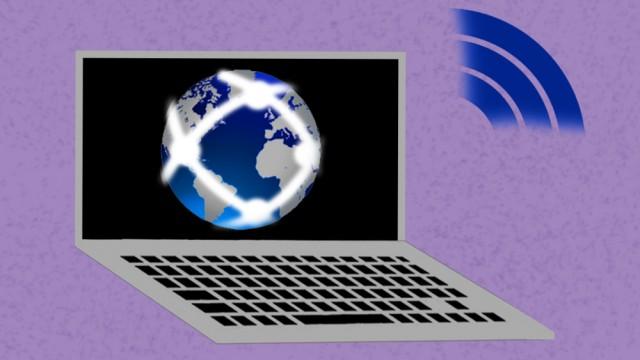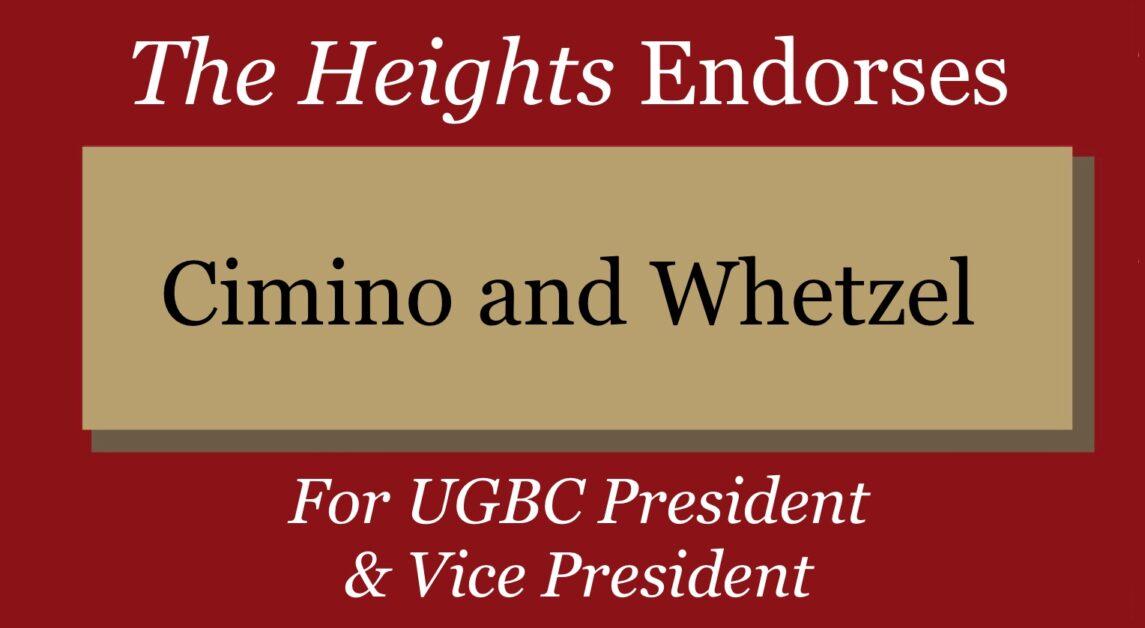On Monday, the Federal Communications Commission (FCC) ceased accepting comments from the public regarding impending changes to its statutes on how Internet Service Providers (ISPs) are allowed to regulate data between originators and customers. Since the FCC began accepting comments in May, it has received an unprecedented three million comments on net neutrality—the idea that ISPs should handle all traffic equally—according to The Wall Street Journal.
At stake is whether the FCC will continue to enforce net neutrality. After the D.C. Circuit U.S. Court of Appeals struck down the 2010 regulations in January, the FCC has been compiling commentary from content providers, ISPs, and the public before deciding how it will regulate broadband Internet. The old regulations prohibited ISPs from any kind of discrimination in the traffic they processed. This prevented companies from paying extra to ISPs—and, in turn, ISPs from charging data-intensive companies, such as Netflix, extra money for faster delivery of their data. They also forbade ISPs from distinguishing between different legalities of content when delivering it to consumers.
Consumers and many Internet content providers are concerned that the end of net neutrality would herald a new, two-tier Internet, in which wealthier, more established companies would be able to reach consumers faster than companies that could not afford the premium cost, effectively solidifying the data giants’ positions in the marketplace and preventing startups from having a chance at fair competition. Consumers are also concerned that ISPs would be able to limit access to information as they saw fit—in essence, censorship.
The ISPs, however, do not believe that there is any need for government intervention in this issue. They also do not want the Internet to be reclassified by the FCC as a utility, which would entail even more regulation than that needed to ensure net neutrality. They cite minimal problems in the 2000s—during which time there was no regulatory regime—as well as major investments they have made in equipment, as reasons why they should not be classified as a utility.
Given the importance of this decision for the evolution of the Internet, it is commendable that the FCC has given so much time for the public to submit comments on the potential regulations. In this age, the Internet plays a central role in the lives of the majority of Americans, and their opinions should be considered when their access to information and content is at stake. It is also notable that so many people took advantage of the opportunity that the FCC provided, and submitted comments. Although the FCC is not legally bound to follow what the majority of commenters advise, having public discussion will certainly help the FCC come to an informed and considered decision.
At Boston College, students should be concerned about this issue, for more than just the fact that it might affect their ability to stream Netflix at an affordable price. Much of the academic work done at this University is built on the backbone of research conducted through the Internet. A two-tier Internet with fast and slow lanes for data traffic could adversely affect the ability of faculty and students to conduct research in a timely and efficient manner.
Another serious issue at hand is that of censorship in the form of limiting information access. If ISPs are allowed to exert control over the information provided on their networks, then they could promote content with which they agree and refuse to transmit content they oppose. Were this to happen, customers would lose access to information they might value, and the marketplace of ideas—something that the Internet has always supported—would be weakened.
Startups would also be harmed by a two-tier Internet. Lacking the resources of established corporations, they would have difficulty reaching their audience as necessary to break into the market. This would discourage innovation and invention, two things that make today’s Internet as successful as it is.
Although the period for commentary has been closed, this issue is still worth the attention and consideration of BC students. It won’t be until the end of the year that the FCC makes its final decisions, and between now and then, Congress could step in and enact new telecommunications legislation. Students should stay abreast of further developments and speak out whenever possible on an issue that very much concerns them.
Featured Image by Jordan Pentaleri / Heights Editor












